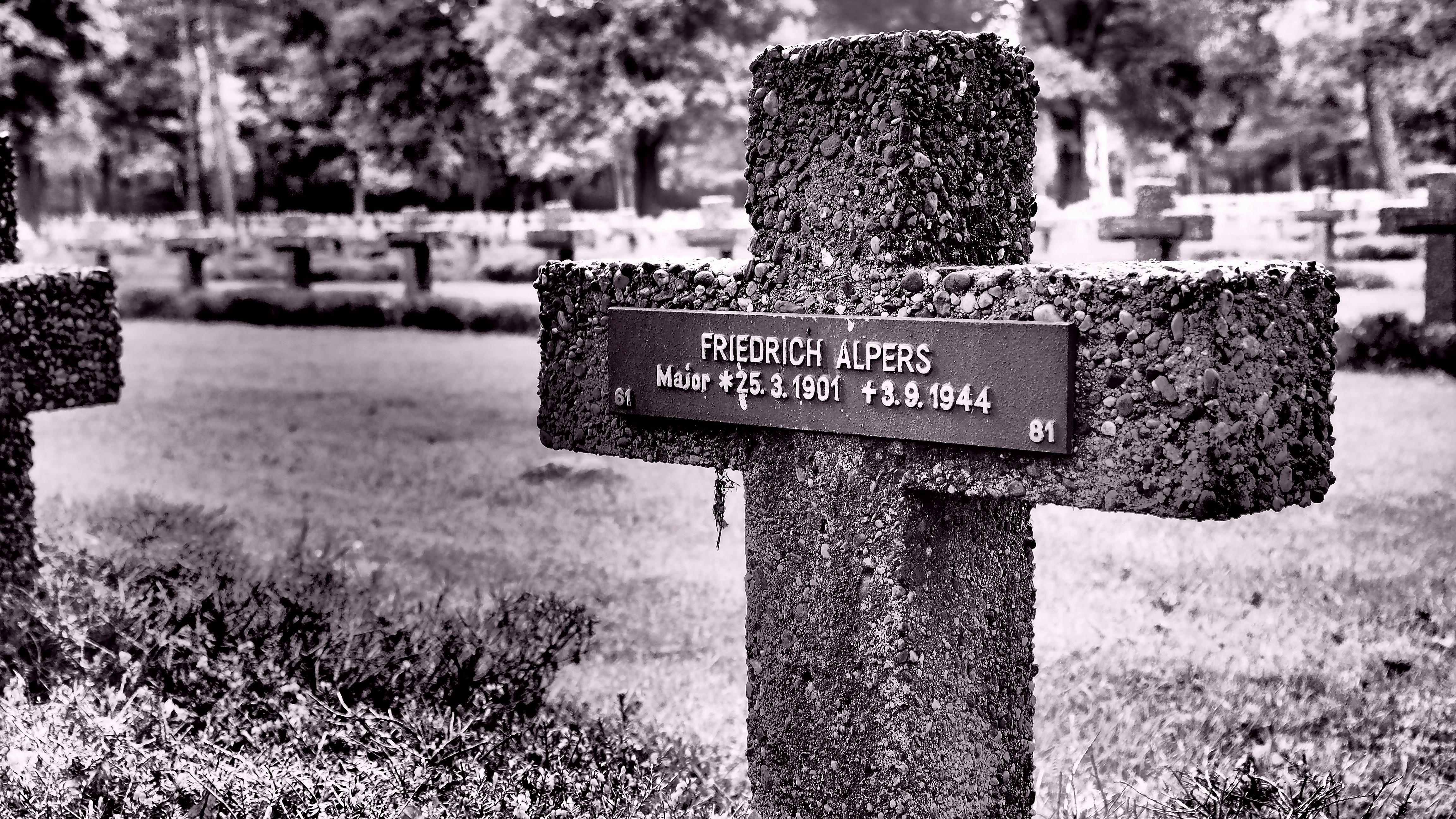Friedrich Alpers on:
[Wikipedia]
[Google]
[Amazon]
Friedrich Alpers (25 March 1901 – 3 September 1944) was a German 
Nazi
Nazism ( ; german: Nazismus), the common name in English for National Socialism (german: Nationalsozialismus, ), is the far-right totalitarian political ideology and practices associated with Adolf Hitler and the Nazi Party (NSDAP) in ...
politician and SS-''Obergruppenführer
' (, "senior group leader") was a paramilitary rank in Nazi Germany that was first created in 1932 as a rank of the ''Sturmabteilung'' (SA) and adopted by the ''Schutzstaffel'' (SS) one year later. Until April 1942, it was the highest commissio ...
''. He was also a Minister of the Free State of Brunswick
The Free State of Brunswick () was a state of the German Reich in the time of the Weimar Republic. It was formed after the abolition of the Duchy of Brunswick in the course of the German Revolution of 1918–19. Its capital was Braunschweig (Bru ...
, and ''Generalforstmeister'' (General forest supervisor). Alpers was responsible for numerous political crimes in Brunswick.

Life and career
Born in 1901, Alpers studiedlaw
Law is a set of rules that are created and are enforceable by social or governmental institutions to regulate behavior,Robertson, ''Crimes against humanity'', 90. with its precise definition a matter of longstanding debate. It has been vario ...
and political science at the Heidelberg University
}
Heidelberg University, officially the Ruprecht Karl University of Heidelberg, (german: Ruprecht-Karls-Universität Heidelberg; la, Universitas Ruperto Carola Heidelbergensis) is a public university, public research university in Heidelberg, B ...
, Ludwig Maximilian University of Munich and University of Greifswald
The University of Greifswald (; german: Universität Greifswald), formerly also known as “Ernst-Moritz-Arndt University of Greifswald“, is a public research university located in Greifswald, Germany, in the state of Mecklenburg-Western Pom ...
. He became a lawyer in 1929.
NSDAP and SS
In June 1929, Alpers joined theNazi Party
The Nazi Party, officially the National Socialist German Workers' Party (german: Nationalsozialistische Deutsche Arbeiterpartei or NSDAP), was a far-right political party in Germany active between 1920 and 1945 that created and supported t ...
(NSDAP membership number 132,812). In May 1930 he joined the '' Sturmabteilung'' (SA). On 1 March 1931 he joined the SS (membership number 6,427). He was an active member in the SS, rising to the rank of ''Obergruppenführer
' (, "senior group leader") was a paramilitary rank in Nazi Germany that was first created in 1932 as a rank of the ''Sturmabteilung'' (SA) and adopted by the ''Schutzstaffel'' (SS) one year later. Until April 1942, it was the highest commissio ...
''. Since October 1930, he was Minister of the Brunswick State Parliament. Alpers was twice temporarily suspended from the SS in 1933 following complaints of excessive violence made against him during the Nazi takeover
In business, a takeover is the purchase of one company (the ''target'') by another (the ''acquirer'' or ''bidder''). In the UK, the term refers to the acquisition of a public company whose shares are listed on a stock exchange, in contrast to ...
of Brunswick.
Minister of the Free State of Brunswick
After the Nazi seizure of power, Alpers became Finance and Justice Minister of Brunswick on 8 May 1933 (a position in which he served until 1934) under the '' Ministerpräsident'' Dietrich Klagges. Along with Klagges and Friedrich Jeckeln, Alpers was one of the main persons responsible for the '' Gleichschaltung'' and persecution of political opponents in theFree State of Brunswick
The Free State of Brunswick () was a state of the German Reich in the time of the Weimar Republic. It was formed after the abolition of the Duchy of Brunswick in the course of the German Revolution of 1918–19. Its capital was Braunschweig (Bru ...
.
Subordinated to Alpers was Klagges ''"Hilfspolizei"'' ("Auxiliary Police"). This force was directly answerable to Klagges and consisted of SA, SS and '' Der Stahlhelm'' men. On 4 July 1933, Alpers was directly involved in the Rieseberg Murders of eleven communists and labor organizers in Rieseberg, about east of Braunschweig
Braunschweig () or Brunswick ( , from Low German ''Brunswiek'' , Braunschweig dialect: ''Bronswiek'') is a city in Lower Saxony, Germany, north of the Harz Mountains at the farthest navigable point of the river Oker, which connects it to the ...
.
World War II
From 1941, Alpers served as a military officer, being made a battalion commander of paratroops in February 1944. After having been badly wounded in battle near Mons, he died on 3 September 1944, either by suicide or by being shot.Awards
*German Cross
The War Order of the German Cross (german: Der Kriegsorden Deutsches Kreuz), normally abbreviated to the German Cross or ''Deutsches Kreuz'', was instituted by Adolf Hitler on 28 September 1941. It was awarded in two divisions: in gold for repe ...
in Gold on 9 April 1942 as ''Hauptmann
is a German word usually translated as captain when it is used as an officer's rank in the German, Austrian, and Swiss armies. While in contemporary German means 'main', it also has and originally had the meaning of 'head', i.e. ' literally ...
'' in the 3.(F)/Aufklärungs-Gruppe 121
* Knight's Cross of the Iron Cross on 14 October 1942 as Major and commander of Fernaufklärungs-Gruppe 4Scherzer 2007, p. 190.
See also
* List SS-ObergruppenführerReferences
Citations
Bibliography
* * * * * * * {{DEFAULTSORT:Alpers, Friedrich 1901 births 1944 suicides People from Peine (district) People from the Duchy of Brunswick Nazi Party politicians SS-Obergruppenführer Sturmabteilung personnel 20th-century Freikorps personnel Recipients of the Knight's Cross of the Iron Cross Recipients of the Gold German Cross Nazis who committed suicide Burials at Lommel German war cemetery Suicides in Belgium Military personnel from Lower Saxony Nazi war criminals